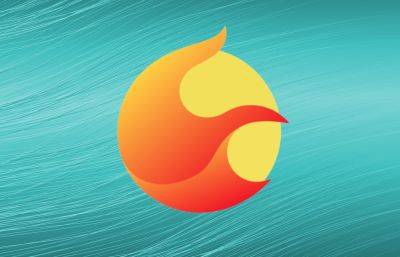Wait times for some EVs still long in Canada. Why it’s the opposite in the U.S.
Hyundai IONIQ 5 after waiting a year and a half.“We took it for a nice road trip and it performed immaculate,” Sandelands told Global’s Consumer Matters.While industry analysts say certain car brands like Tesla and Polestar are available with little to no wait times, other EV models require some patience.“EV wait times in Eastern Canada and in B.C., which are the provinces where demand is the highest, are still long. People are telling us they are waiting six months to a year, in some cases a year and a half, before their vehicle comes in,” said Georgy Iny, director of the non-profit Automobile Protection Association.“Hyundai EVs are tough to get, Kia EVs are hard to get.
The Ford Mustang has improved and the pickups have long delivery delays as well,” added Iny.One of the more difficult EVs to get right now is the Toyota plug-in hybrid.“Anything Toyota makes, because they are such leaders in fuel efficient vehicles, is very long,” said Motormouth YouTube channel’s Zack Spencer.Still, Spencer says B.C. is at an advantage when it comes to the EV market because of the province’s Zero-Emission Vehicles Act (ZEV act).“The good news for British Columbians is we have a zero-emission vehicle mandate and by law they have to supply electric vehicles into the market or the car companies pay penalties,” he said.“So, more EVs are being shipped to B.C.
and Quebec than anywhere else in the country.”However, in the United States, it is a much different story.Analysts at Cox Automotive say compared to one year ago, EV inventory has more than doubled, as new EV products have become available. EV models like Hyundai, Subaru, Toyota and Volkswagen dealers are holding EV inventory between 80 and 100 days, about average it says for EVs.Sam
. Read more on globalnews.ca

























